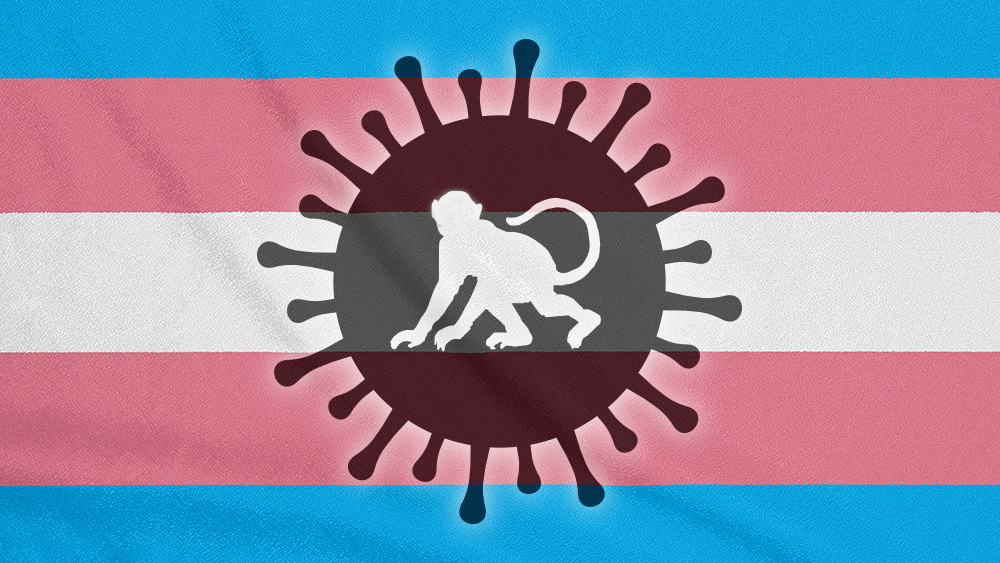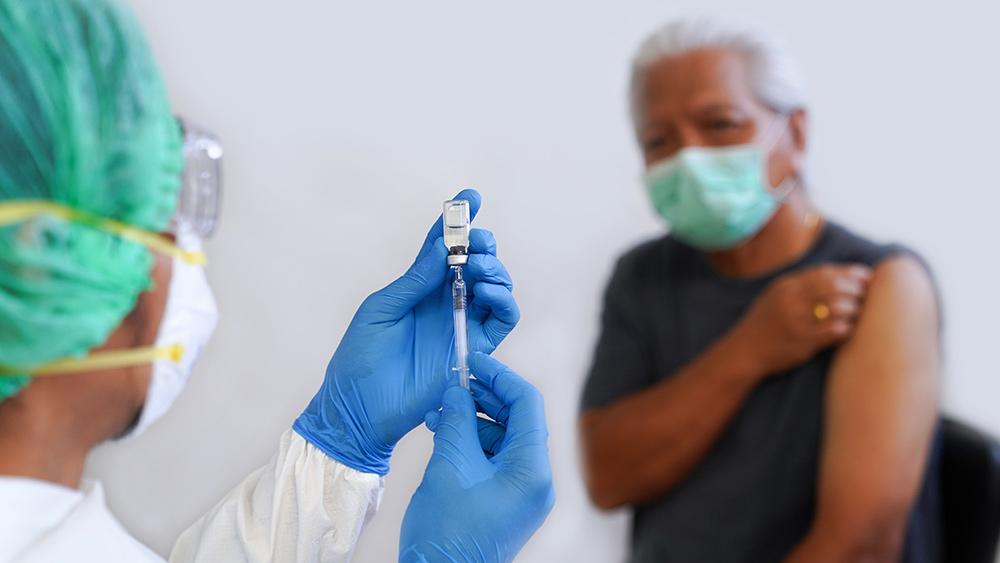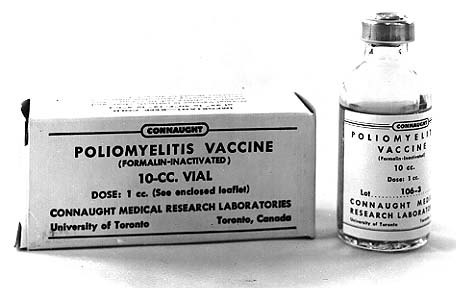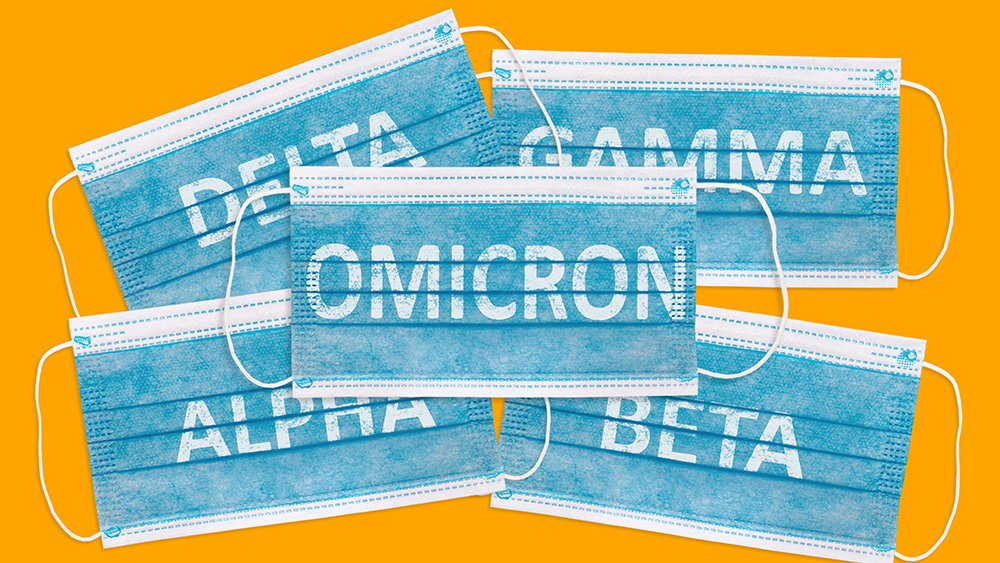Health Ministry gives Israelis “free movement” waivers to convince them to take rushed coronavirus vaccine
12/31/2020 / By Zoey Sky

It looks like Americans aren’t the only ones being forced to take “rushed” coronavirus (COVID-19) vaccines. Israel’s Ministry of Health has announced that citizens who take Pfizer and BioNTech’s COVID-19 vaccine will receive “green passports” so they can attend public events and eat at restaurants.
Get vaccinated to receive “free movement waivers”
Israel’s Ministry of Health told citizens that after they take Pfizer and BioNTech’s coronavirus vaccine, they will be given “free movement waivers.” With these waivers, inoculated Israelis can circumvent COVID-19 restrictions.
However, the “green passports” will only be issued after a person receives the second dose of the vaccine, which Israel will start rolling out by Dec. 27. At least 60,000 Israelis will receive the shot per day. (Related: U.K. announces that passports will soon include vaccine stamps.)
Chezy Levy, the Health Ministry’s Director-General explained that green passport holders can attend different events and dine in person at restaurants. They don’t need to quarantine themselves if they come into contact with a confirmed COVID-19 case.
Additionally, vaccinated Israelis can travel abroad without undergoing the mandatory COVID-19 test before leaving the country. Green passport holders will be issued a separate international card before they can travel abroad.
Health Minister Yuli Edelstein clarified that the idea behind the plan was not to grant privileges to the “green passport” holders. Rather, the plan can help ensure that vaccinated Israelis can take part in activities that may be dangerous for those who haven’t been inoculated.
Israel already received the first shipment of the vaccine from Pfizer and BioNTech. The Middle Eastern country has also signed contracts with Moderna and AstraZeneca to acquire their vaccines.
Strangely enough, recent polls have found that 50 to 75 percent of Israelis are unwilling to take the vaccines because they’re worried that they have been “rushed” and aren’t 100 percent safe for use.
Side effects of Pfizer and BioNTech’s vaccine
Earlier this December the U.S. Food and Drug Administration (USDA) issued its first emergency use authorization (EUA) for Pfizer-BioNTech’s new COVID-19 vaccine for people aged 16 years and older.
Under this EUA, the vaccine can now be distributed in America. The FDA issued this authorization after reviewing efficacy and safety data on the new vaccine.
Data from ongoing clinical trials suggest that “the known and potential benefits of the vaccine outweigh the known and potential risks.”
Findings show that after two doses, the vaccine is 95 percent effective at preventing coronavirus. To date, research has also revealed that the vaccine has a good safety profile, so far.
Dr. Matthew Heinz, a hospitalist based in Tucson, Arizona, said that despite these findings, it’s still crucial to monitor patient health after immunization. Collecting data will help “make sure it stays that way,” added Heinz.
Despite the effectiveness and “good safety profile” of the vaccine, volunteers have experienced various minor and serious side effects after inoculation.
The Pfizer-BioNTech coronavirus vaccine is administered in two doses, three weeks apart.
As of writing, safety data on the vaccine has been collected from 37,586 volunteers taking part in an ongoing phase 3 clinical trial. Out of all the participants, 18,801 have received the vaccine and 18,785 were given a placebo.
Researchers monitored volunteers for at least two months after inoculation.
Data showed that the most commonly reported side effect from the Pfizer-BioNTech coronavirus vaccine is an injection site reaction. These reactions may cause some pain and other symptoms near the area where the vaccine was injected.
Heinz shared that some participants experienced side effects like mild swelling or firmness, redness and warmth around the site of the injection. Patients may also find it painful to move their arms.
Injection site reactions were reported by 84 percent of the volunteers who were given the vaccine.
Aside from an injection site reaction, other commonly reported side effects of the vaccine include fatigue, headache and muscle pain.
- Fatigue was reported by 63 percent of the participants who received the vaccine.
- Headache and muscle pain was reported by 55 and 38 percent of participants, respectively.
Some volunteers have also experienced other symptoms like chills, joint pain, or fever after getting vaccinated. They were more likely to report these symptoms after getting the second dose of the vaccine.
Severe side effects also linked to Pfizer and BioNTech’s vaccine
In volunteers who were given the vaccine and those who got the placebo alike, the reported rate of severe side effects is allegedly less than 0.5 percent. Researchers claim there are “no significant differences between the two groups.”
However, four cases of Bell’s palsy have been reported in participants who were vaccinated and none was documented in those who received the placebo.
Bell’s palsy is “an unexplained episode of facial muscle weakness or paralysis.” The condition begins suddenly and worsens within 48 hours.
Bell’s palsy occurs due to damage to the facial nerve (the 7th cranial nerve). A patient may feel pain and discomfort on one side of their face or head.
Anyone can develop Bell’s palsy at any age. The condition is common in pregnant women, those with diabetes, influenza, a cold, or another upper respiratory ailment.
Bell’s palsy affects men and women equally, but it is uncommon in people younger than 15 or older than 60. While Bell’s palsy isn’t classified as a permanent condition, in rare cases it doesn’t disappear.
To date, there is no known cure for Bell’s palsy and recovery typically begins two weeks to six months from the onset of the symptoms. Most patients with Bell’s palsy recover full facial strength and expression.
Health experts say severe allergic reactions to vaccines are very rare, but this doesn’t mean they won’t happen. The FDA warned that those who have experienced a severe allergic reaction to a previous dose of the Pfizer-BioNTech coronavirus vaccine or to any of its ingredients shouldn’t receive it.
Researchers claim that most of the time symptoms caused by the Pfizer-BioNTech coronavirus vaccine have been mild and resolved within a couple of days. But what if these side effects worsen since the vaccine is still in the testing stage?
Go to Pandemic.news to learn more about the potential side effects of these rushed coronavirus vaccines.
Sources include:
Submit a correction >>
Tagged Under:
coronavirus, coronavirus vaccine, covid-19, disease, free movement, global emergency, green passport, health freedom, health tyranny, infections, Israel, medical fascism, Ministry of Health of Israel, obey, outbreak, pandemic, Pfizer, vaccine wars, vaccines, virus, Wuhan coronavirus
This article may contain statements that reflect the opinion of the author
RECENT NEWS & ARTICLES
Infections.News is a fact-based public education website published by Infections News Features, LLC.
All content copyright © 2018 by Infections News Features, LLC.
Contact Us with Tips or Corrections
All trademarks, registered trademarks and servicemarks mentioned on this site are the property of their respective owners.





















